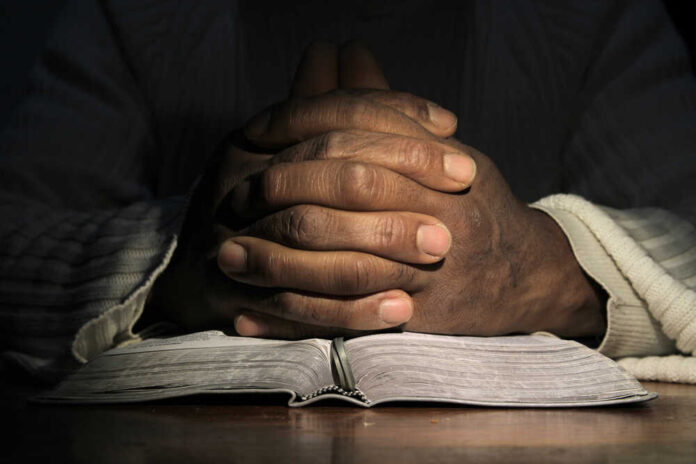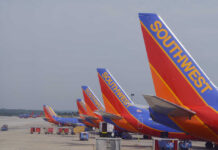A recent Gallup survey revealed that from 1999 to 2023, the proportion of Democrats identifying as religious fell by 23 points, from 60 percent to 37 percent. This marked shift contrasts with the negligible change in Republicans’ religious identification, which remains close to its 1999 figure of 62 percent now at 61 percent. Independents also slightly declined spiritual self-identification, from 37 percent to 32 percent.
During this period, Democrats increasingly identified as “spiritual but not religious,” with a rise of 14 points. Furthermore, there was a threefold increase in those claiming neither religious nor spiritual affiliations. Comparatively, Republicans remained unchanged in their religious and spiritual identification, and independents had a minor shift.
The national data indicates that 47% of Americans consider themselves religious, while 33% say they’re spiritual but not religious. Notably, 18 percent don’t identify with either, a stark increase from the 9 percent in 1999. The survey underscores that though belief in God and the practice of prayer remain relatively stable, formal religious practices, like church attendance and membership, are on a sharper decline.
A 2022 Gallup poll accentuated this trend, showing a significant drop in belief in God among young adults and left-leaning individuals, with the most significant declines observed among liberals (62 percent young adults (68 percent and Democrats (72 percent In contrast, 94% of political conservatives and 92% of Republicans believe in God, highlighting the religious divide in political affiliations.
This trend mirrors the findings of a Wall Street Journal poll, which showed that while 49 percent of participants were confident of God’s existence, only 39 percent felt that religion played a crucial role in their lives. This result is a stark difference from 1998 when 62 percent regarded religion as “very important.” This sentiment further dwindled to 48 percent in 2019.
Younger individuals, interestingly, were less likely than their older counterparts to prioritize religion, 31 percent versus 55 percent. Along party lines, 53 percent of Republicans, 27 percent of Democrats, and 38 percent of independents held that religion was of paramount importance.
The Gallup survey was conducted from July 3-27, sampling 1,015 U.S. adults, with a margin of error of ±4 percentage points at a 95 percent confidence level.


















